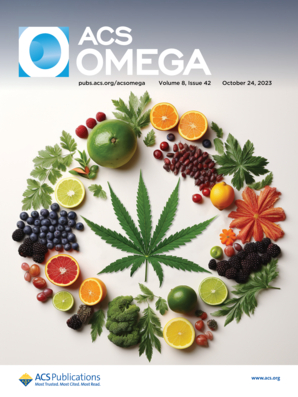Background and objectives: Research suggests a potential role for cannabinoids in the etiology and treatment of migraine. However, there is a paucity of research on usage patterns and perceived benefits of cannabis use in clinical headache patient populations.
Methods: Patients from a tertiary headache center completed a 1-time online survey regarding cannabis use patterns and perceived benefits of cannabis-based products in treating migraine symptoms, clinical features, and risk factors (e.g., depression, sleep disturbance). Descriptive analyses were performed.
Results: Data were collected from 1373 patients (response rate 25.4% [1,373/5,400]), with 55.7% reporting cannabis-based product use in the past 3 years and 32.5% indicating current use. The most frequently cited reasons for cannabis-based product use were treating headache (65.8%) and sleep concerns (50.8%). Inhaled products (i.e., smoked/vaped) and edibles were the most commonly reported delivery methods, with THC/CBD (∆9 tetrahydrocannabinol/cannabidiol) blends as the most-cited product composition. A majority of participants reported cannabis-related improvements in migraine headache characteristics (i.e., intensity: 78.1%; duration: 73.4%; frequency: 62.4%), nausea (56.3%), and risk factors (sleep disturbance: 81.2%; anxiety: 71.4%; depression: 57.0%). Over half (58.0%) of the respondents reported only using cannabis products when experiencing a headache, while 42.0% used cannabis most days/daily for prevention. Nearly half (48.9%) of the respondents reported that cannabis use contributed to a reduction in medication amount for headache treatment, and 14.5% reported an elimination of other medications. A minority (20.9%) of participants reported experiencing side effects when using cannabis products for headache, most commonly fatigue/lethargy. For those participants who reported no use of cannabis-based products in the previous 3 years, approximately half indicated not knowing what cannabis product to take or the appropriate dosage.
Discussion: This is the largest study to date to document cannabis product usage patterns and perceived benefits for migraine management in a clinical headache patient sample. A majority of patients surveyed reported using cannabis products for migraine management and cited perceived improvements in migraine characteristics, clinical features, and associated risk factors. The findings warrant experimental trials to confirm the perceived benefits of cannabis products for migraine prevention and treatment.




